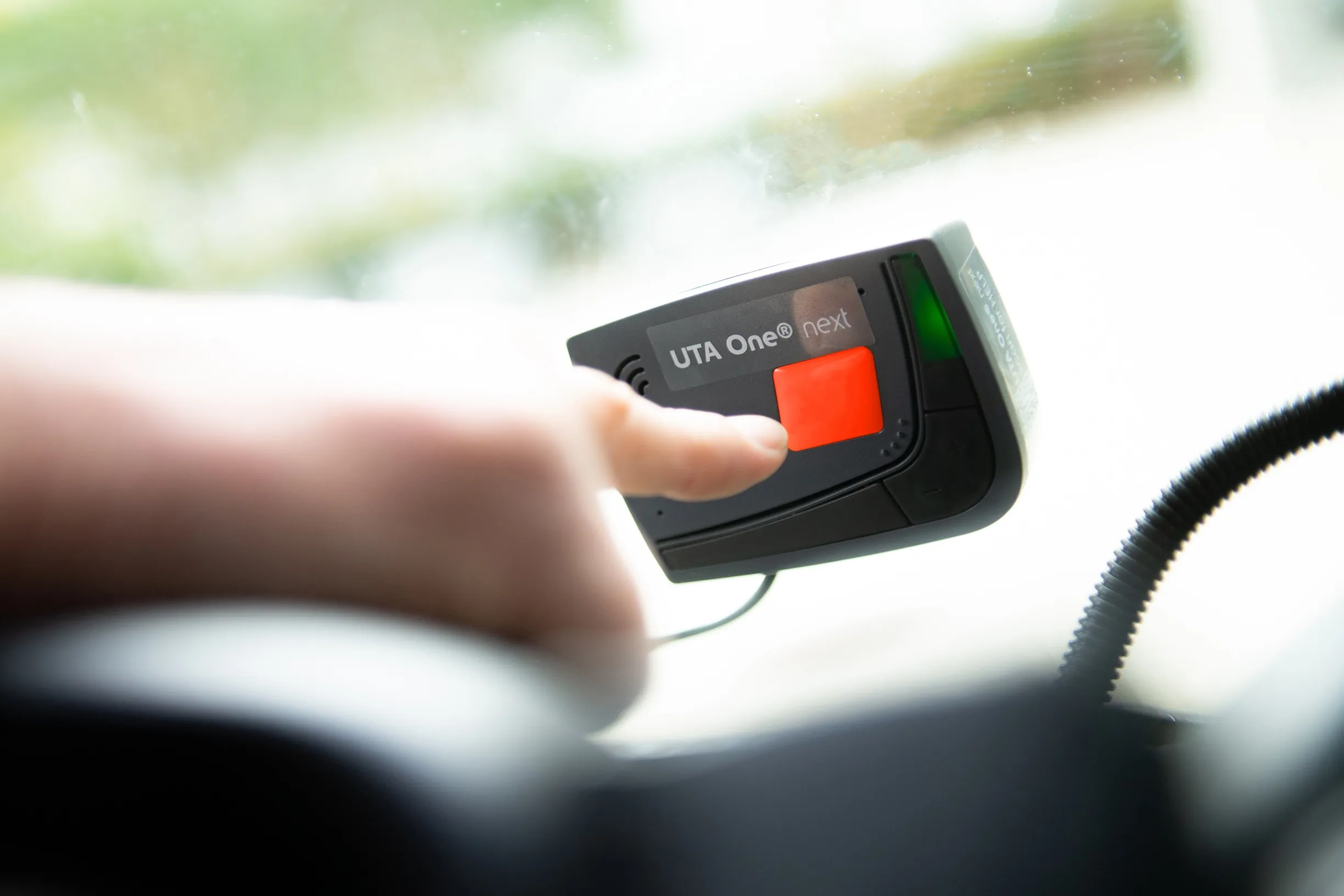As this issue of ITS International goes to press there is considerable confusion over the introduction of the French Ecotax following widespread and sometimes violent protests.
Following a series of postponements going back over several years, the GNSS-based tax on vehicles over 3.5 tonnes was due to come into effect on 1 January 2014 and was expected to raise one billion euros per year. However, the French government has announced that the tax has been suspended indefinitely but is stressing that this is
December 20, 2013
Read time: 2 mins
As this issue of 1846 ITS International goes to press there is considerable confusion over the introduction of the French Ecotax following widespread and sometimes violent protests.
Following a series of postponements going back over several years, the GNSS-based tax on vehicles over 3.5 tonnes was due to come into effect on 1 January 2014 and was expected to raise one billion euros per year. However, the French government has announced that the tax has been suspended indefinitely but is stressing that this is a suspension, not a cancellation.
The suspension was announced after France’s politically significant farmers joined the growing protests as they were unhappy about a ‘green tax’ being levied on the vehicles used to transport products from their farms. French newspaper Le Monde has reported that the tax may be postponed until July 2014 after local and EU elections but there is no official word from the government of French President Francois Hollande.
Following a series of postponements going back over several years, the GNSS-based tax on vehicles over 3.5 tonnes was due to come into effect on 1 January 2014 and was expected to raise one billion euros per year. However, the French government has announced that the tax has been suspended indefinitely but is stressing that this is a suspension, not a cancellation.
The suspension was announced after France’s politically significant farmers joined the growing protests as they were unhappy about a ‘green tax’ being levied on the vehicles used to transport products from their farms. French newspaper Le Monde has reported that the tax may be postponed until July 2014 after local and EU elections but there is no official word from the government of French President Francois Hollande.









